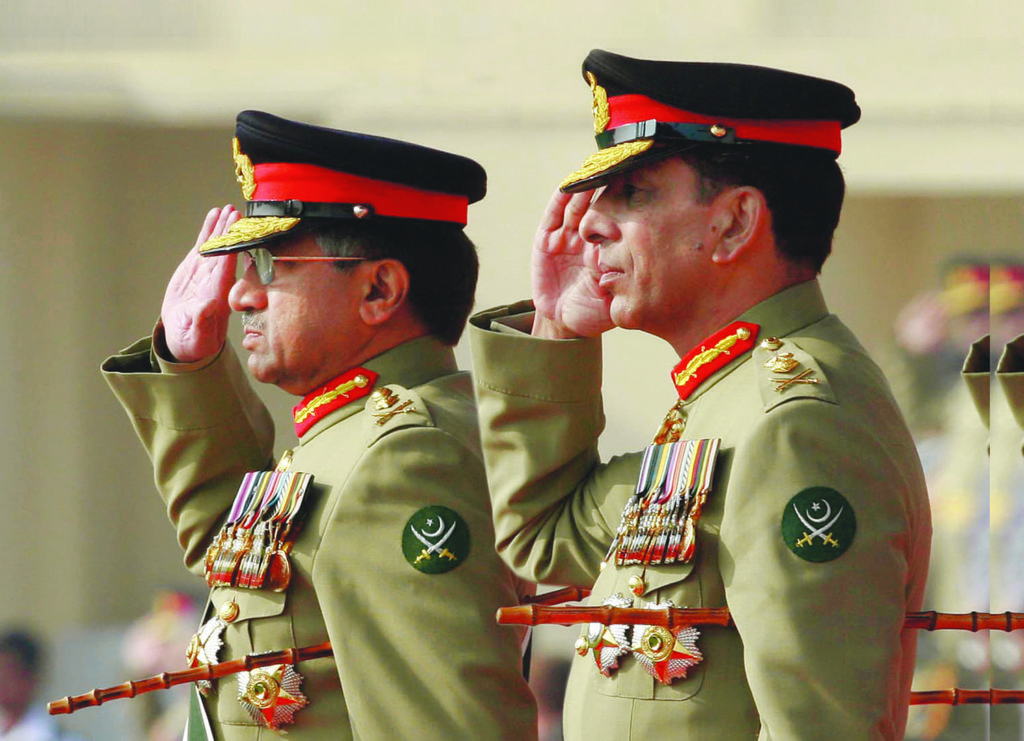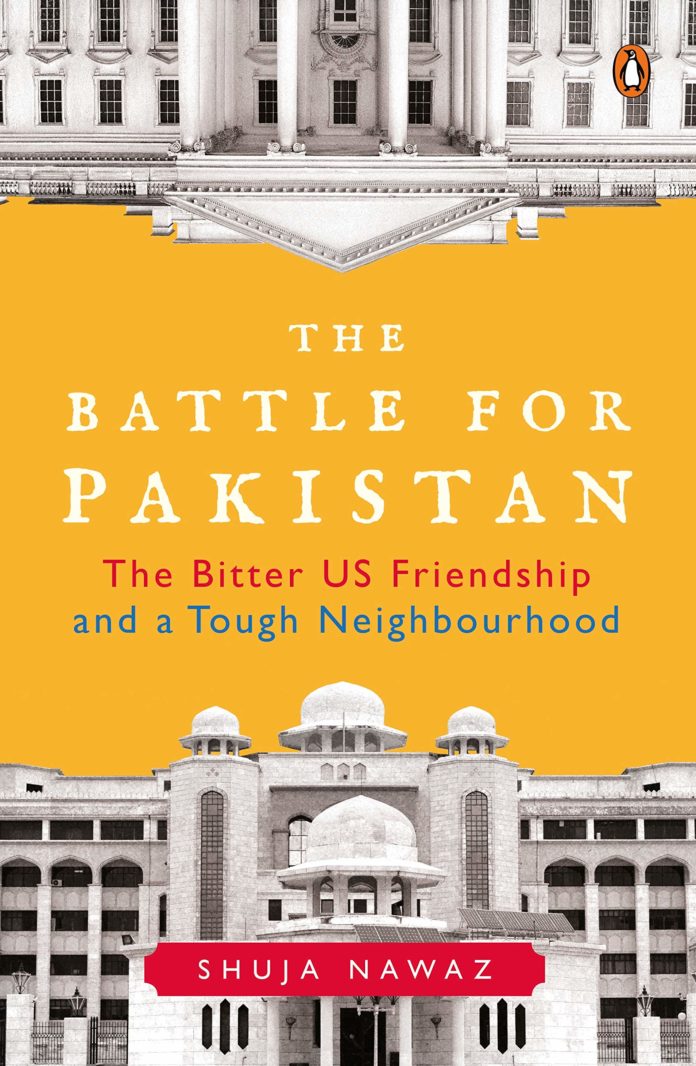Shuja Nawaz’s new book The Battle for Pakistan is a timely release of a work that reviews Pakistan’s security challenges and U.S-Pakistan relations. A new unpredictable era of U.S-Pakistan relations is around the corner in view of recent U.S-Taliban agreement and uncertain future of Afghanistan.
There are not many analysts and scholars of the region with access to both Pakistani and American sources. Shuja is uniquely equipped for such a project as he has access to the Pakistani army high command as well as Pentagon and State Department sources. The book covers U.S-Pakistan relations, working of Pakistan army high command and fraught civil-military relations in Pakistan.
Shuja gives a comprehensive view of expectations and disappointments of Pakistan and United States. The dilemma of this un-equal and transactional relationship is that each side fails to understand the interests of the other party and ends up blaming its own failures on the duplicity of the other party. This has been a predicted cycle over the last seventy years.
Shuja gives insight into the power struggle among senior officers of Pakistan army. The first round was when General Pervez Musharraf was forced to give up his uniform and his confidant and successor General Ashfaq Pervez Kayani worked to bring in his own team. He superseded and removed from important positions officers considered to be close to Musharraf. Kayani brought his own team of senior officers and then eased Musharraf’s ouster in 2008 to enjoy two three years tenures as the master game-keeper of the reserve.

Several segments of the book deal with civil-military relations wherein Shuja provides details of many episodes of serious friction. The Army is the dominant force and civil-military relations are seriously imbalanced. Mutual distrust, antipathy and outright disdain for each other ensures repeated cycles of crisis. Each side has become expert in self-goal seriously damaging country’s reputation. The Army high command has not been able to work with two major political parties viz the Pakistan People’s Party (PPP) and Pakistan Muslim League Nawaz (PML-N). This forced them to put their chips on the third option. The current Pakistan Tehreek-e-Insaaf (PTI) government headed by Prime Minister Imran Khan is actively supported by the army high command. Army high command and PTI repeatedly claim that they are on the ‘same page’, however, the army is taking the lead in tackling different problems faced by the country. Army nominated and supported serving and retired military personnel, bureaucrats and politicians have found place in all corridors of power. The seeds of distrust are thus sowed and friction will inevitably increase between the army and the new political force of PTI.
Shuja also provides details about the increasing role of Saudi Arabia and United Arab Emirates (UAE) in Pakistan’s internal affairs. In many cases, the United States used Saudi Arabia and UAE to manage delicate domestic political matters of Pakistan. Pakistan is increasingly dependent on Saudi and UAE largesse due to its difficult economic state. Crown Prince Muhammad Bin Salman (MBS) has developed close personal relation with President Donald Trump and Washington uses this connection to manage some areas of Pakistan policy. The book is a must read for everyone interested in U.S.-Pakistan relations and the region. In Pakistan, the book launch became an unintended casualty of controversy over Chief of Army Staff (COAS) General Qamar Javed Bajwa’s three years extension of service. The book’s South Asian edition was published in India in August 2019. When Pakistan enacted trade ban with India, the book could not be delivered to Pakistan.





